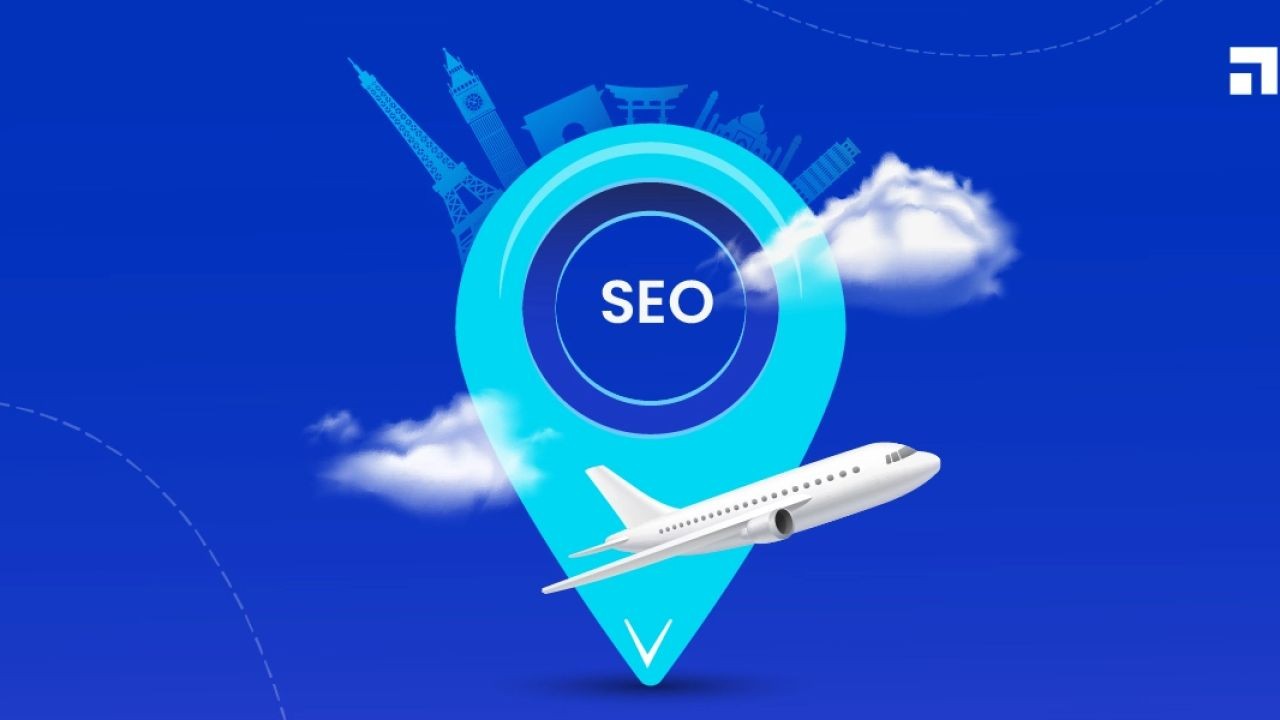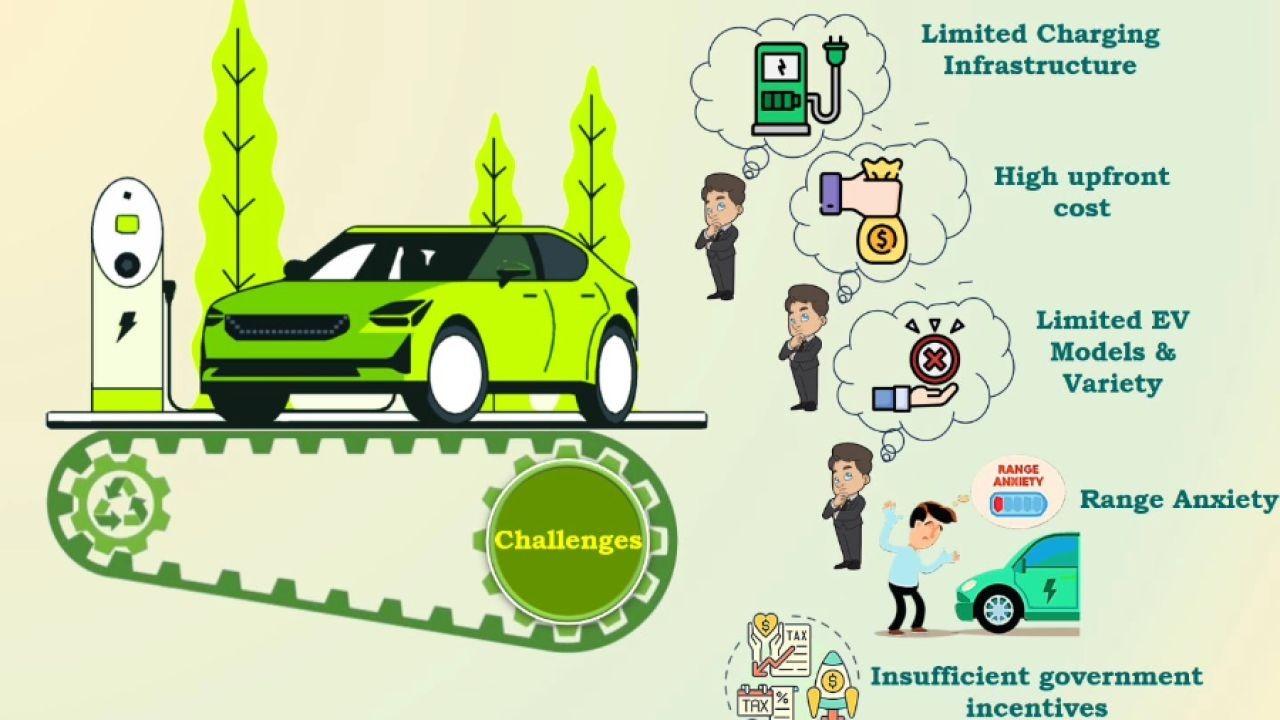In the dynamic landscape of marketing, the debate between traditional and digital marketing strategies continues to evolve, especially as we approach 2025. For startups in Australia, this decision is not merely about choosing between two different marketing approaches—it's about aligning with the shifting economic, technological, and consumer behavior trends unique to the region. With Australia's economy poised for growth and technological advancements, understanding where to focus marketing efforts can be crucial for startups aiming to scale effectively and sustainably.
The State of Marketing in Australia
Australia's marketing scene has seen a significant shift towards digital channels in recent years. According to the Australian Bureau of Statistics (ABS), online advertising expenditure has grown by 20% annually, reflecting a broader global trend towards digitalization. This shift is driven in part by Australia's high internet penetration rate, where over 90% of the population is online, making digital marketing an attractive proposition for reaching a broad audience.
Additionally, Australia's strong regulatory environment, governed by bodies like the Australian Competition & Consumer Commission (ACCC), ensures that digital marketing practices remain ethical and consumer-friendly. This regulatory landscape not only protects consumers but also provides a stable environment for startups to experiment with digital marketing strategies without fear of sudden regulatory changes.
Traditional Marketing: Is It Still Relevant?
Traditional marketing methods, such as print media, television, and radio, have long been the cornerstone of advertising. However, their effectiveness is being called into question amid the digital revolution. In Australia, traditional marketing still holds value in certain niches—such as local businesses targeting specific geographical areas or industries where digital penetration is lower.
One real-world case highlights the continued relevance of traditional marketing: a Melbourne-based renewable energy company used local print media and radio advertising to successfully increase brand awareness and customer engagement within regional communities. This approach allowed them to build trust and authenticity, key factors in industries where consumer education and long-term relationships are crucial.
Digital Marketing: The Future of Advertising?
Digital marketing offers startups scalability and precise targeting capabilities that traditional methods often lack. With platforms like Google and Facebook providing detailed analytics and audience segmentation, businesses can tailor their messages to specific demographics, leading to higher conversion rates. Deloitte's 2024 report highlights that businesses utilizing AI-driven digital marketing strategies have seen a 35% increase in conversion rates.
Moreover, the integration of AI and automation in digital marketing not only reduces costs but also enhances personalization. For instance, AI-powered tools like Jasper.ai enable startups to automate content creation, thereby boosting efficiency and allowing more focus on strategic growth. However, while digital marketing offers numerous advantages, it also presents challenges such as data privacy concerns and increased competition.
Case Study: Atlassian's Digital Strategy
Atlassian, an Australian software giant, exemplifies the success of digital marketing. By leveraging SEO, content marketing, and data analytics, Atlassian effectively expanded its global reach while maintaining a strong local presence. The key to their success was a well-defined digital strategy that focused on customer-centric content and robust data analysis to refine marketing efforts continuously.
Pros and Cons Analysis
Digital Marketing
- Pros:
- Scalability and precise targeting capabilities
- Data-driven insights for better decision-making
- Cost-effective for startups with limited budgets
- Cons:
- Intense competition on digital platforms
- Data privacy and security concerns
- Requires technical expertise and constant updates
Traditional Marketing
- Pros:
- High trust and credibility in established industries
- Effective for local and regional targeting
- Less reliance on technology and analytics
- Cons:
- Higher costs and less measurable ROI
- Limited engagement and interactivity
- Declining reach as consumer habits shift online
Future Trends and Predictions
By 2025, experts predict that digital marketing will dominate the advertising landscape, driven by advancements in AI and machine learning. A report from McKinsey suggests that 70% of all advertising in Australia will be digital by 2030, reflecting the global trend towards digitalization. This shift will necessitate startups to invest in digital literacy and data analytics to stay competitive.
Moreover, as Australia's economy continues to grow, with the Reserve Bank of Australia (RBA) projecting a 3% GDP growth, there will be increased opportunities for startups to explore new digital marketing avenues. Startups that can harness the power of digital marketing while maintaining ethical practices will likely thrive in this evolving landscape.
Conclusion
For Australian startups navigating the marketing landscape in 2025, the choice between traditional and digital marketing is not a binary one. Instead, it's about finding the right balance that aligns with their business goals, target audience, and industry dynamics. While digital marketing offers scalability and precision, traditional marketing can still provide value in specific contexts. Startups should consider leveraging a hybrid approach, integrating the best of both worlds to maximize reach and engagement.
As the marketing landscape continues to evolve, staying informed and agile will be key. Engage with industry experts, invest in digital tools, and continuously analyze market trends to make data-driven decisions. What strategies have worked for your business in Australia? Share your insights below!
People Also Ask (FAQ)
- How does digital marketing impact startups in Australia? Digital marketing enables startups to reach a larger audience cost-effectively, providing a 35% increase in conversion rates according to Deloitte.
- What are the biggest misconceptions about traditional marketing? A common myth is that traditional marketing is obsolete. However, it remains effective for local targeting and building trust in certain industries.
- What are the best strategies for implementing digital marketing? Startups should focus on SEO, content marketing, and leveraging AI tools for personalized marketing strategies.
Related Search Queries
- Digital marketing trends Australia 2025
- Traditional vs digital marketing effectiveness
- Best marketing strategies for startups in Australia
- Impact of AI on digital marketing
- Future of traditional marketing in Australia































